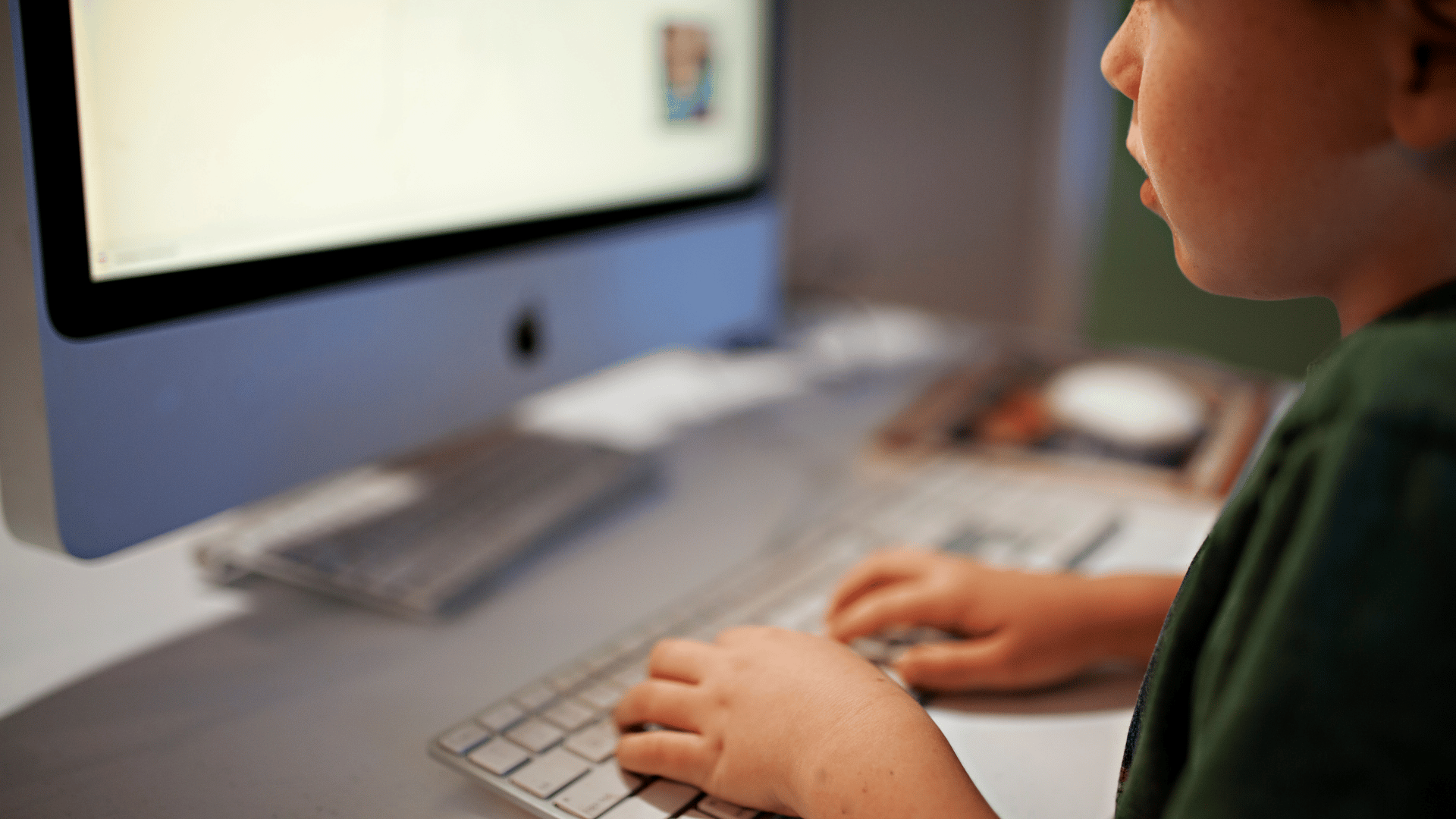“Hey, Ms. V! I got your email regarding our class trip!” exclaimed 9-year old Liam, one of my former students. Looking at my surprised expression, he explained, “I have access to my mum’s email account, but I only open the ones that are from you or the school.”
A quick question posed to the entire class led me to understand that a handful of my students had their own accounts and – here’s the interesting part – every one of them LOVED having one! Since we’re seeing a similar pattern at Common Room, we thought we’d share some insight into the benefits of kids having their own email accounts.
A simple email account could be the key to your child becoming more confident, independent and digitally literate, with a little help from you. Read on to find out why.

VAIJAYANTHI GOPAL
Vaijayanthi is a Cambridge- certified Teacher of English, with an insatiable love for fantasy novels. As an unapologetic Potterhead, she draws inspiration from J.K. Rowling’s magical world. Through Common Room, Vaijayanthi hopes to guide young students on an enchanting journey of creative writing, and empower them to craft their own extraordinary tales.
Fosters Responsibility
Having their own email accounts allows children to develop a sense of independence and responsibility. They can manage their own emails, organise their inbox and respond to emails (with parental supervision, of course).
Privacy and Personalisation
A personal email account gives children a sense of privacy. Let them choose their own email address and customise their settings. It brings children immense joy to establish their own online identity and gives them a sense of ownership over their digital presence.
Communication Skills
Using email provides an opportunity for children to improve their communication skills. In this day and age, both formal and informal writing is instrumental in a child’s career.
Digital Literacy
Managing an email account helps children develop important digital literacy skills. They learn to navigate different features, manage attachments, and practice good digital etiquette.
Parent-Child Communication
With their own email accounts, children can communicate directly with teachers, mentors, and other trusted individuals. A direct line of communication and interaction can prove to be highly beneficial for your child, while still allowing parents to monitor and guide their child’s online activities as needed.
Of course, children having their own email accounts is awesome for them, however, it is imperative that they are made aware of cyber safety practices, in order to ensure their safety online. Here are a few ways to ensure your child’s e-safety:
Establish clear rules and expectations regarding the use of email accounts, including who they can communicate with, and the kind of information they can share while being responsible and respectful online.
It’s a good idea to keep an eye on your child’s email activity, especially for younger kids. You might do a periodical review of their incoming and outgoing emails to make sure their interactions are safe. You could even include them in the process!
Phishing emails and scams are becoming more common and it’s necessary for your children to be able to identify and protect themselves from these. A conversation about not clicking links/ attachments from unknown senders, and not sharing any kind of personal information online would be a great idea.
Although it might seem less important, helping your child in setting a strong password and educating them on keeping their passwords private could prove very useful in maintaining a safe online presence.
And finally, encourage your children to have open communication with you regarding their online activity, including reporting any suspicious or inappropriate emails. After all, trust and communication are vital to ensure that your children get timely help, if necessary.
With all of these in mind, go ahead and let your children spread their wings and embrace the power of emails! We assure you, they’re going to enjoy it immensely!

